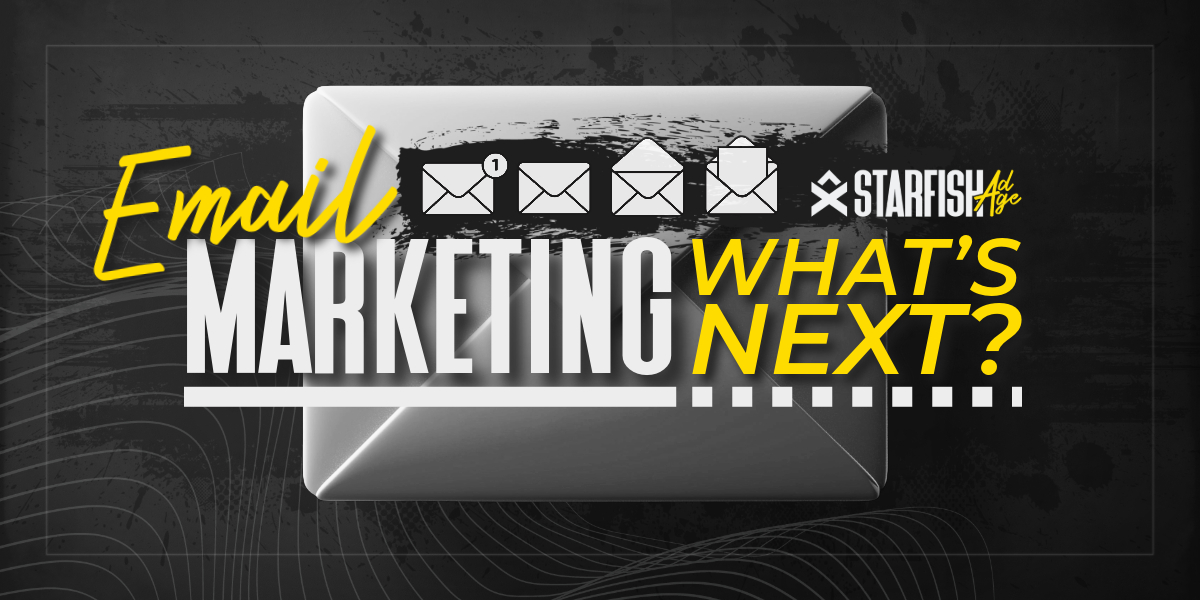
What Is The Future Of Email Marketing
Email marketing has been a powerful tool for businesses for decades. Choosing the right email marketing service can optimize strategies and gauge campaign performance effectively.
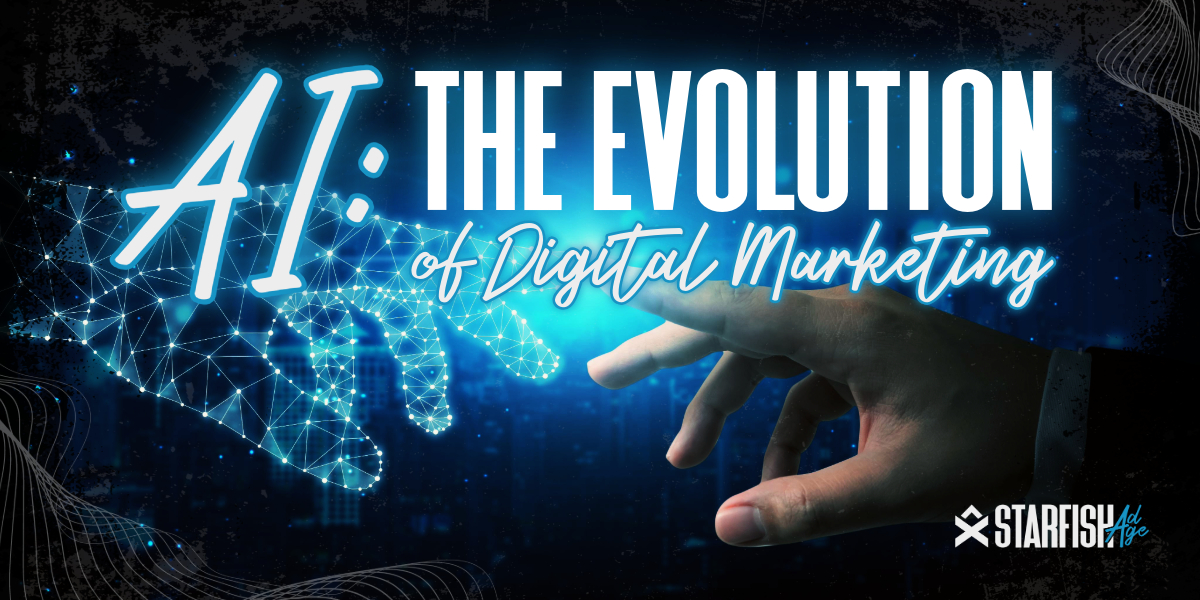
Artificial intelligence (AI) has revolutionized industries, and digital marketing is no exception. With its ability to analyze data, automate tasks, and provide personalized experiences, AI has become an essential tool for businesses looking to enhance their marketing efforts.
AI in digital marketing refers to using artificial intelligence to automate, optimize, and enhance marketing strategies. It utilizes machine learning and big data to analyze customer behavior, predict trends, and personalize marketing efforts through tools like chatbots, predictive analytics, and AI-driven content creation.
AI in digital marketing offers numerous benefits, including improved marketing performance, increased efficiency through automation, cost savings, enhanced customer experiences, personalized marketing strategies, and data-driven insights that help businesses make better decisions.
AI enhances customer engagement by providing personalized experiences, such as AI-powered chatbots that offer 24/7 support, automated responses to common queries, and tailored product recommendations. It also segments customers for targeted marketing, ensuring more relevant and timely communications.
Popular AI marketing tools include AI-powered chatbots (for customer service), content creation tools (like Jarvis or ChatGPT), predictive analytics platforms (such as Salesforce’s Einstein), and ad optimization platforms (like Google Ads and Facebook Ads) that improve targeting and ROI.
Ethical concerns with AI in marketing include ensuring transparency and accountability in AI decisions, addressing biases in AI-driven data, protecting customer data and privacy, and complying with regulations like GDPR. It’s essential to use AI responsibly to build trust with customers.
In digital marketing, AI refers to using artificial intelligence to plan, execute, and optimize marketing strategies. Using machine learning (ML) and large language models (LLM), AI can analyze vast amounts of data, generate actionable insights, automate processes, and even engage directly with customers. AI marketing aims to improve performance, boost efficiency, and reduce costs, all while enhancing the customer experience.
AI’s impact extends beyond simply automating tasks; it empowers marketers to deliver more personalized, data-driven campaigns. Whether through AI-powered chatbots, content creation tools, or predictive analytics, AI in digital marketing is about making more informed, effective decisions and executing marketing strategies with precision.

AI can analyze data far more efficiently than humans, allowing businesses to optimize their marketing strategies based on real-time insights. This improves targeting, engagement, and overall marketing performance, leading to better outcomes and return on investment (ROI).
AI automates repetitive and time-consuming tasks like email marketing, social media scheduling, and data analysis. This frees up marketers to focus on more strategic activities, boosting overall efficiency in marketing operations.
By automating tasks and optimizing marketing campaigns, AI helps businesses reduce costs. AI-powered tools often perform tasks more efficiently than traditional methods, reducing the need for manual labor and allowing for more intelligent allocation of marketing budgets.
AI enhances customer experiences by providing personalized content, predictive product recommendations, and real-time customer support through AI-powered chatbots. These tools improve engagement and ensure customers have a seamless, relevant experience across all touchpoints.
One of the most significant advantages of AI is its ability to analyze customer data and create personalized marketing strategies. From tailored email campaigns to individualized product recommendations, AI allows businesses to engage with customers more personally, improving conversion rates and customer loyalty.
AI can sift through vast amounts of data to uncover patterns, trends, and insights that might go unnoticed. These insights enable marketers to make informed decisions, optimize campaigns in real time, and anticipate future trends, all of which contribute to more effective marketing strategies.

The tools and technologies behind AI-driven marketing are continuously evolving. Here are some key AI marketing tools that are changing the game:
AI chatbots offer 24/7 customer service, addressing queries and resolving issues instantly. These bots can handle routine questions, guide users through complex processes, and even upsell products, all while learning from interactions to improve future responses. These chatbots use natural language processing.
Natural Language Processing (NLP) is a branch of artificial intelligence (AI) that enables machines to understand, interpret, and respond to human language meaningfully. By combining linguistics, computer science, and machine learning, NLP allows computers to process and analyze large amounts of natural language data, such as text and speech. NLP is behind many tools we use today, including chatbots, language translation services, and voice-activated assistants like Siri or Alexa. It plays a role in applications like sentiment analysis, keyword extraction, and content generation, making it a key technology in the evolution of AI-driven communication.
AI tools can generate high-quality content for blogs, social media, and emails. These tools can also curate personalized content recommendations for users, enhancing engagement by delivering relevant information at the right time.
AI uses predictive analytics to identify patterns in customer behavior, enabling marketers to segment their audience more effectively. By understanding customer preferences and behaviors, marketers can target campaigns more accurately and predict future purchasing decisions.
AI enables more precise ad targeting by analyzing user behavior and preferences. AI-powered platforms like Google Ads and Facebook Ads use machine learning to optimize ad placements, adjust bidding strategies, and ensure that people see suitable ads at the right time.
AI-powered tools like Hootsuite and Buffer can schedule posts, analyze engagement metrics, and suggest optimal posting times. These tools allow marketers to manage multiple social media platforms more efficiently and ensure that content reaches the widest possible audience.
AI’s applications in digital marketing are broad, ranging from content creation to customer engagement and advertising. Here are some of the most transformative ways AI is being used in the industry:
AI is transforming content marketing by automating the creation and curation process. Marketers can use AI-generated content for blog posts, social media updates, and email marketing campaigns. AI also analyzes engagement data to optimize content performance, ensuring that every piece resonates with the target audience.

AI-powered chatbots engage customers 24/7, providing instant support and guiding users through their buying journey. AI-driven segmentation also allows marketers to deliver personalized messages, making customers feel valued and understood. AI’s ability to analyze customer data results in better insights and improved customer experience.
AI takes campaign management to the next level by optimizing ad targeting and improving ROI. It uses predictive analytics to measure campaign performance and suggests real-time adjustments. AI-powered ad creative optimization ensures campaigns engage customers effectively and generate desired results.
AI analyzes vast datasets and uncovers actionable insights that drive marketing strategy. AI-driven predictive analytics can forecast campaign performance and customer behavior, while AI-based data visualization tools make reporting more accessible and understandable.
While AI offers numerous advantages, it also raises ethical concerns and challenges that businesses must address:
AI algorithms are often complex and challenging to understand. Marketers must ensure that their use of AI is transparent and that decisions made by AI systems are accountable. This means being clear about how AI is used and taking responsibility for the outcomes.
AI algorithms are only as good as the data they’re trained on. If the data is biased, the AI will make biased decisions. It’s important to ensure that AI systems are designed with fairness and don’t inadvertently reinforce harmful stereotypes or biases.
As AI relies on vast data, protecting customer privacy is paramount. Businesses must comply with data protection regulations like the General Data Protection Regulation (GDPR) and implement safeguards to prevent data breaches.
AI-driven marketing strategies must comply with all relevant laws and regulations, including data privacy, advertising standards, and consumer protection. Staying informed about legal developments in AI is critical for avoiding penalties and maintaining customer trust.

As AI technology evolves, its role in digital marketing will only grow. Here are some emerging trends and developments to watch for:
AI-driven marketing tools are becoming more accessible, enabling businesses of all sizes to harness the power of AI. From chatbots to predictive analytics, AI technology will continue to shape how marketers approach customer engagement, campaign optimization, and data analysis.
As the amount of data available to businesses grows, AI’s ability to analyze this data and generate actionable insights will become even more valuable. AI-powered data analysis will be increasingly important in shaping marketing strategies and driving business decisions.
AI will continue to enhance the customer experience by delivering more personalized, relevant, and timely interactions. AI will help businesses build stronger customer relationships, from AI-powered customer support to predictive product recommendations.
As AI technology advances, its role in marketing strategies will evolve. AI will become more integrated into every aspect of digital marketing, from content creation to customer segmentation, making it an indispensable tool for marketers in the future.
To successfully implement AI in digital marketing, businesses should follow a structured approach:
Before adopting AI, businesses must clearly define their goals and objectives. Whether improving campaign performance, enhancing customer engagement, or optimizing ad targeting, understanding the desired outcomes will help guide AI implementation.
Businesses should thoroughly audit their existing marketing infrastructure to identify areas where AI can add value. This could include automating customer support, optimizing advertising, or improving content creation processes.
Choosing the right AI tools is essential for maximizing the benefits of AI-driven marketing. Businesses should select tools that align with their goals, whether AI-powered chatbots, predictive analytics platforms, or content generation software.
Once AI tools are in place, businesses must continuously test and analyze their performance. This ensures that AI delivers the desired results and allows for adjustments and optimizations.
The rise of AI in digital marketing has created new career opportunities for professionals with expertise in AI-driven marketing tools and technologies. Here’s what marketers need to know to stay competitive:
As AI becomes more prevalent in digital marketing, there is an increasing demand for marketers who understand how to use AI tools effectively. AI-savvy digital marketers will be well-positioned to take advantage of this growing field.
Marketers need to develop new skills to succeed in an AI-driven world, including analyzing data, using AI-powered tools, and implementing AI-driven strategies. Those who can stay up-to-date with AI trends and technologies will be in high demand.
The world of AI is constantly evolving, and digital marketers must stay informed about the latest trends, tools, and technologies. Regular training and education will be essential for staying competitive in the rapidly changing AI-driven marketing landscape.
AI transforms digital marketing by improving performance, efficiency, and cost savings. From chatbots and predictive analytics to personalized content and ad targeting, AI-powered tools and technologies are becoming essential for modern marketers. However, as AI continues to shape the future of digital marketing, businesses must remain mindful of ethical considerations, such as transparency, accountability, and data privacy.

Email marketing has been a powerful tool for businesses for decades. Choosing the right email marketing service can optimize strategies and gauge campaign performance effectively.

Discover successful email marketing strategies to boost engagement, drive conversions, and grow your business with impactful campaigns.

Discover the basics of marketing automation and how it helps businesses save time, streamline campaigns, and boost results.

Discover the importance of lead generation for boosting business growth, building connections, and driving long-term success.
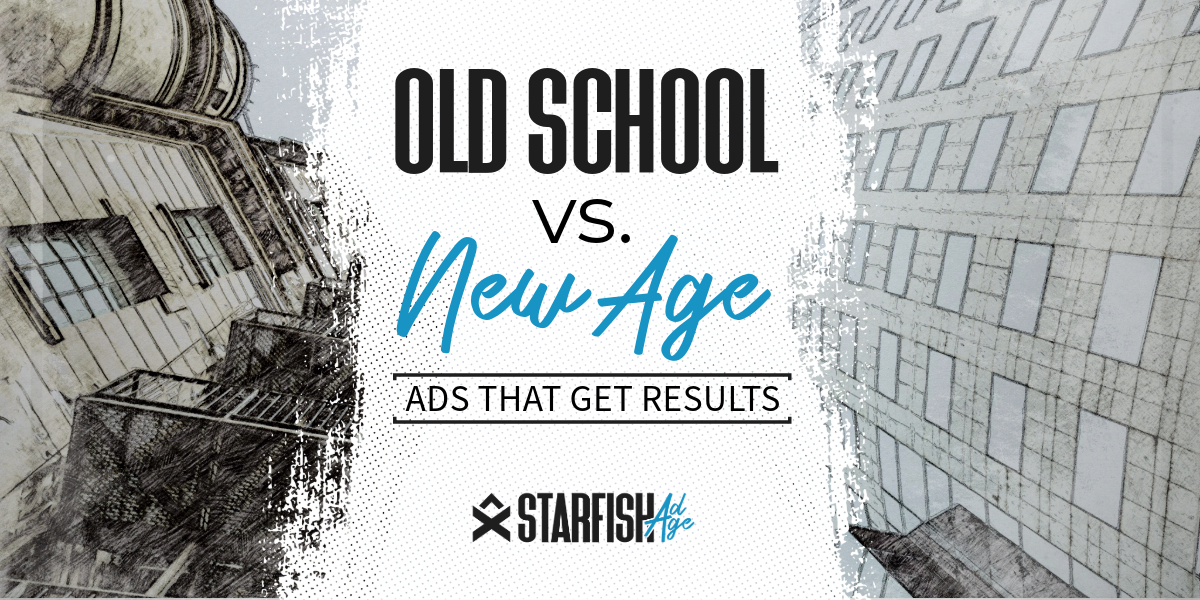
Explore the differences between traditional and digital advertising. Learn which strategy is best for your business, from broad reach to targeted campaigns.
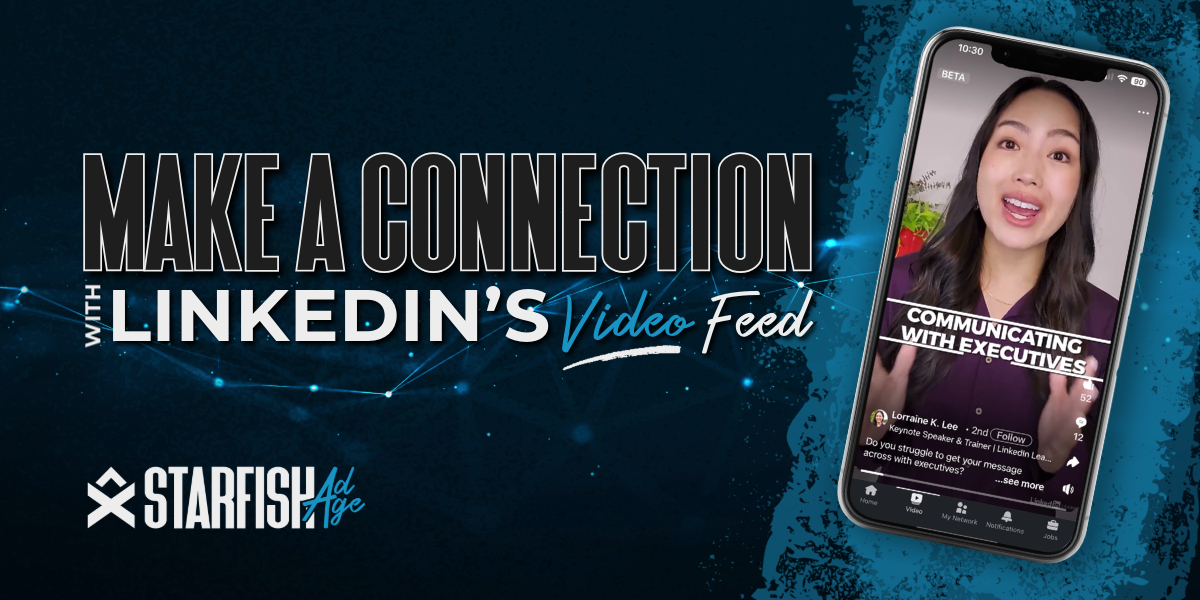
Use LinkedIn’s new video feed to grow your audience. Learn specs, best practices, and tips for creating engaging posts to boost your visibility on LinkedIn.

How major social media legal battles in 2024, including Supreme Court rulings and the Kids Online Safety Act, are impacting businesses and digital marketing.

Discover 10 iconic brands like Blockbuster, Kodak, and Toys “R” Us that went extinct because they failed to innovate.

Gen Z Marketing That’s Breaking The Internet: Discover how Gen Z marketers use bold, unpredictable strategies to capture attention.

Learn how AI tools improve customer experience, streamline operations, optimize marketing, and reduce operational costs.
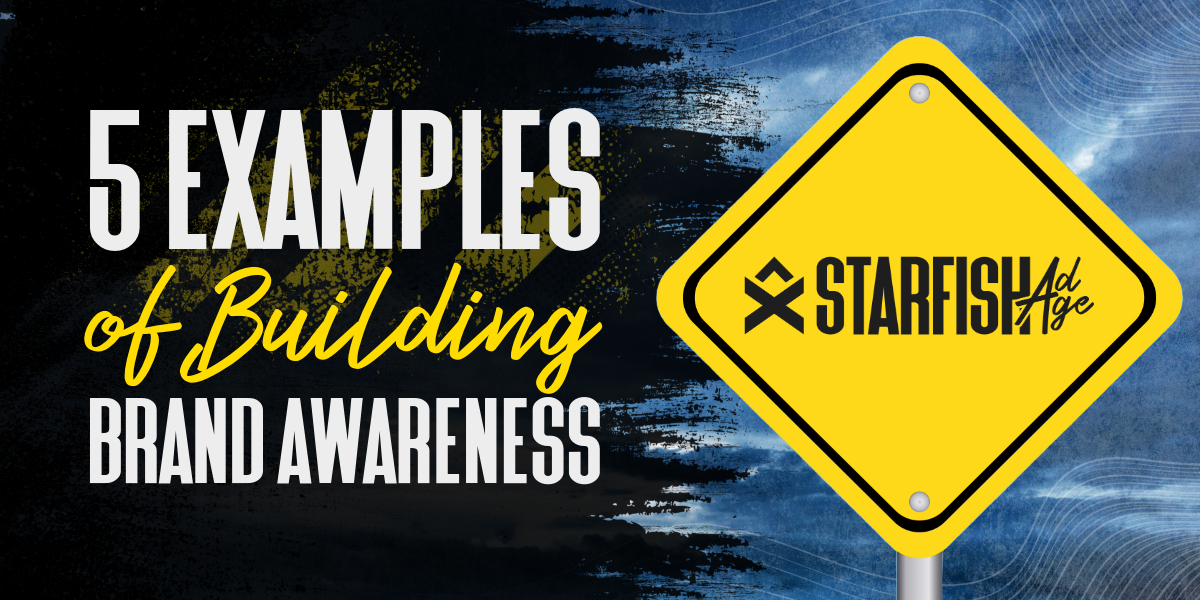
Discover five powerful strategies for building brand awareness, from partnerships and influencer marketing to social media and SEO.

Get the latest insights on Google’s ad tech monopoly trial and how it could reshape digital advertising, competition, and your ad strategies moving forward.

Follow TikTok’s legal battle against the ban and learn how it could affect creators. Get the facts and understand the potential future of the platform.
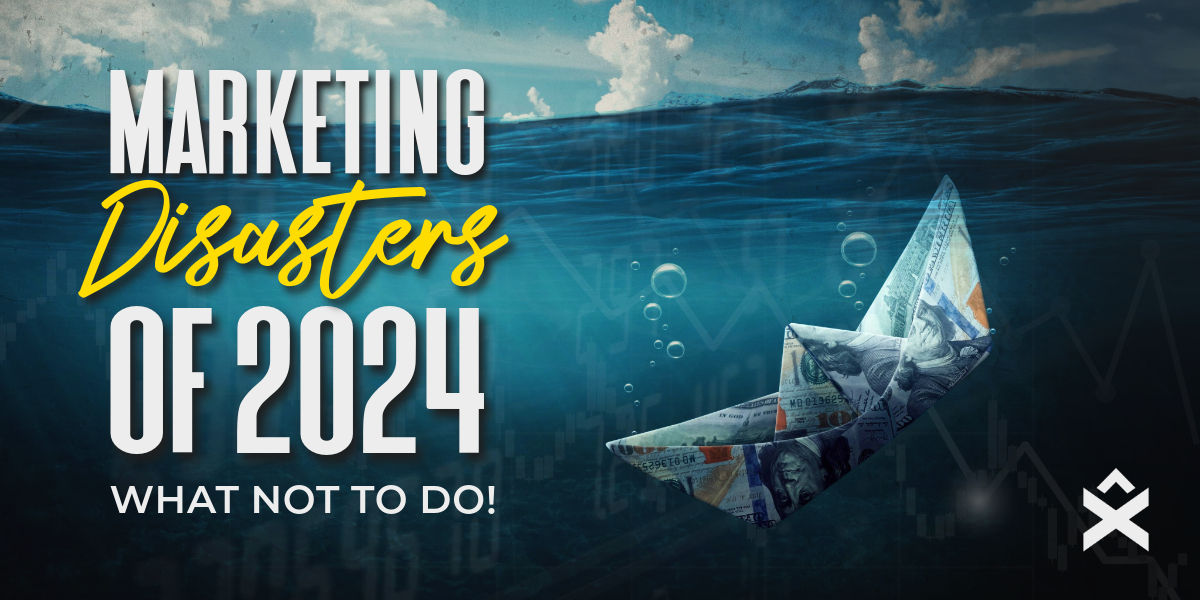
A few of the most significant marketing mistakes we’ve seen in 2024 so far, why they happen, and simple ways to avoid them to keep your campaigns on track.
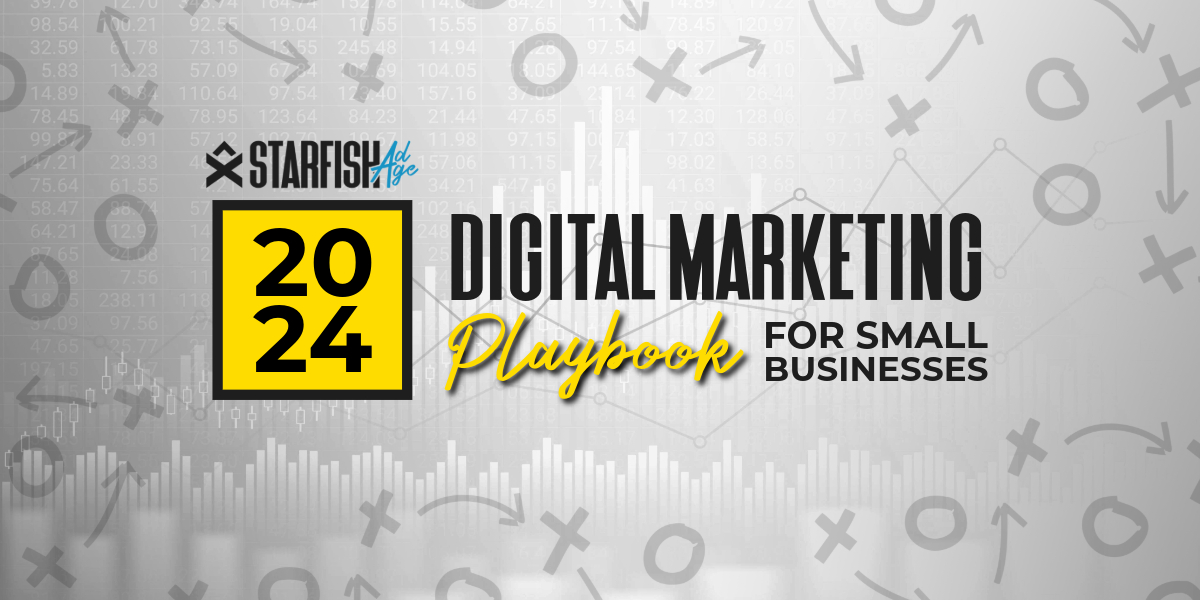
Explore key strategies in our 2024 Digital Marketing Guide. Learn to understand your audience, build an online presence, and optimize for business growth.
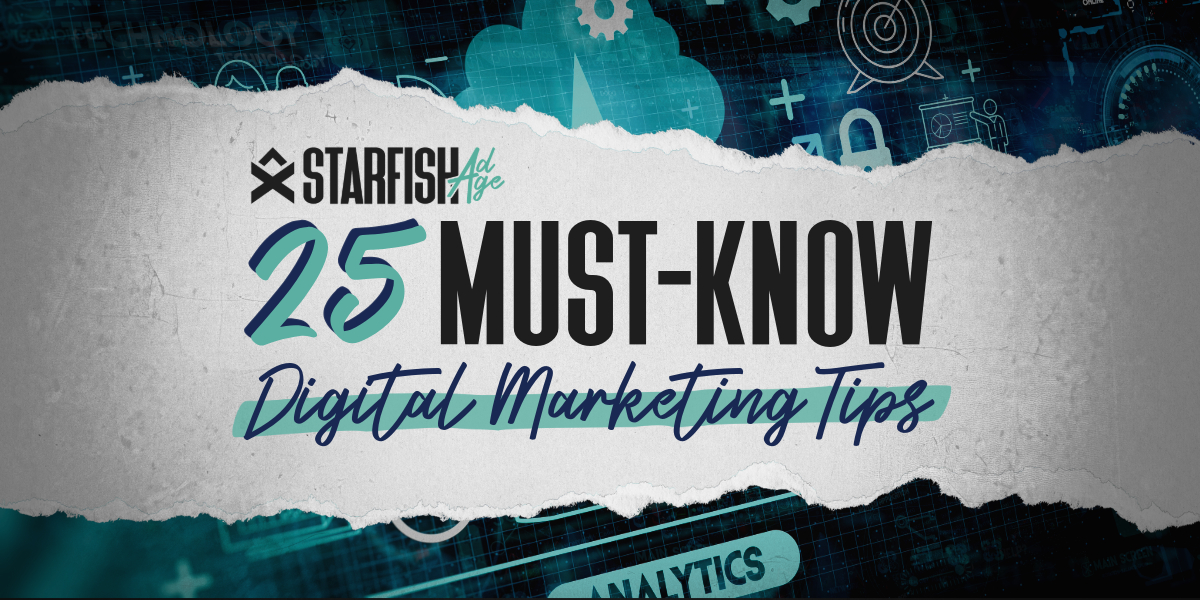
Discover 25 essential digital marketing tips for small businesses. Boost your online presence, attract customers, and drive sales with proven strategies.
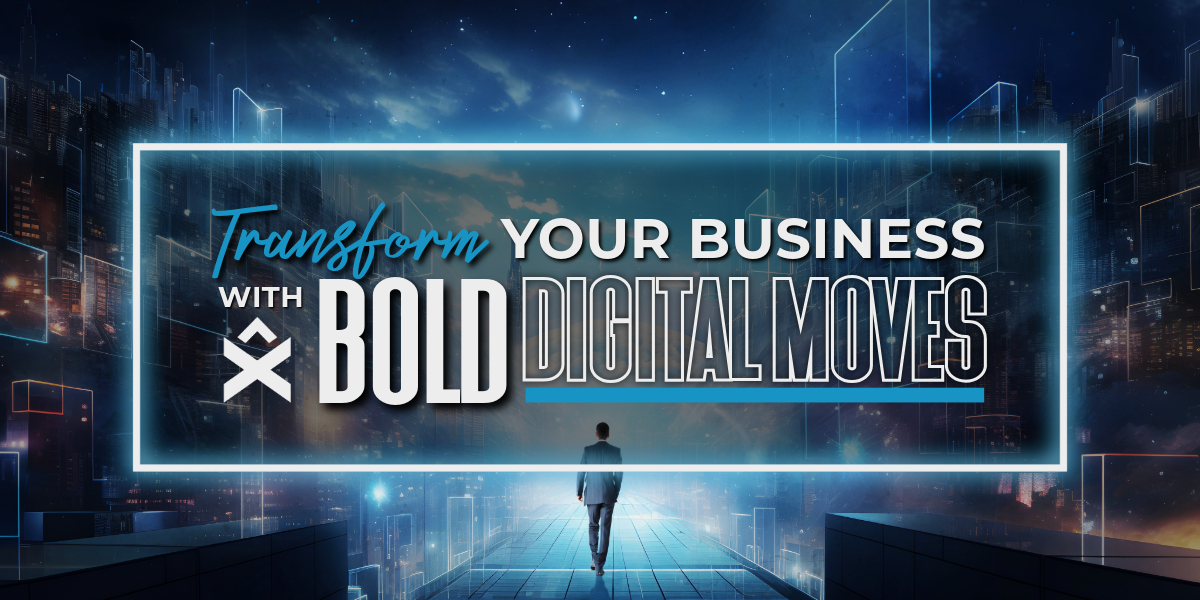
14 Essential Digital Marketing Solutions to Boost Your Business Growth
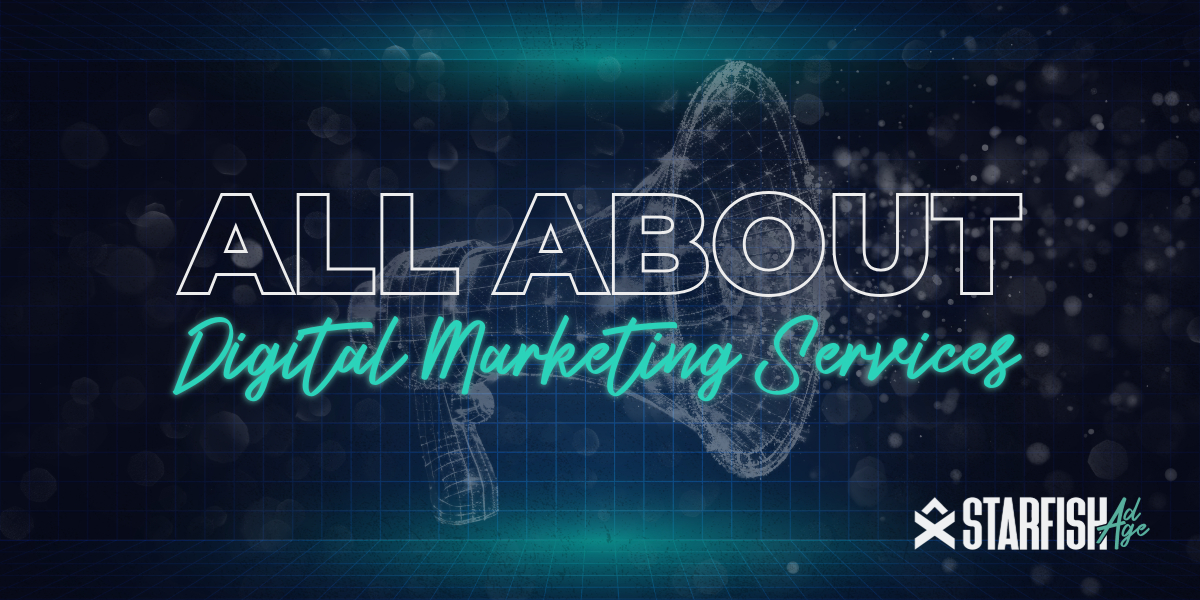
Learn about SEO, PPC, social media marketing, content marketing, and more to drive traffic and conversions. Read now!
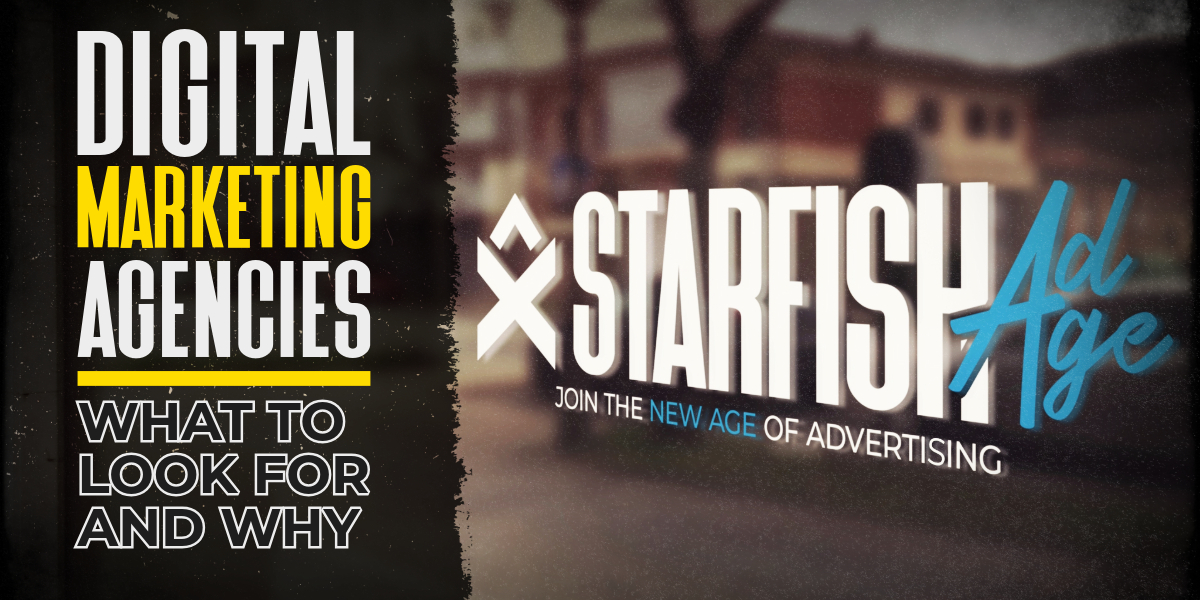
Learn how to select the best digital marketing agency for your small business, the benefits of hiring an agency, and tips for maximizing your online presence.
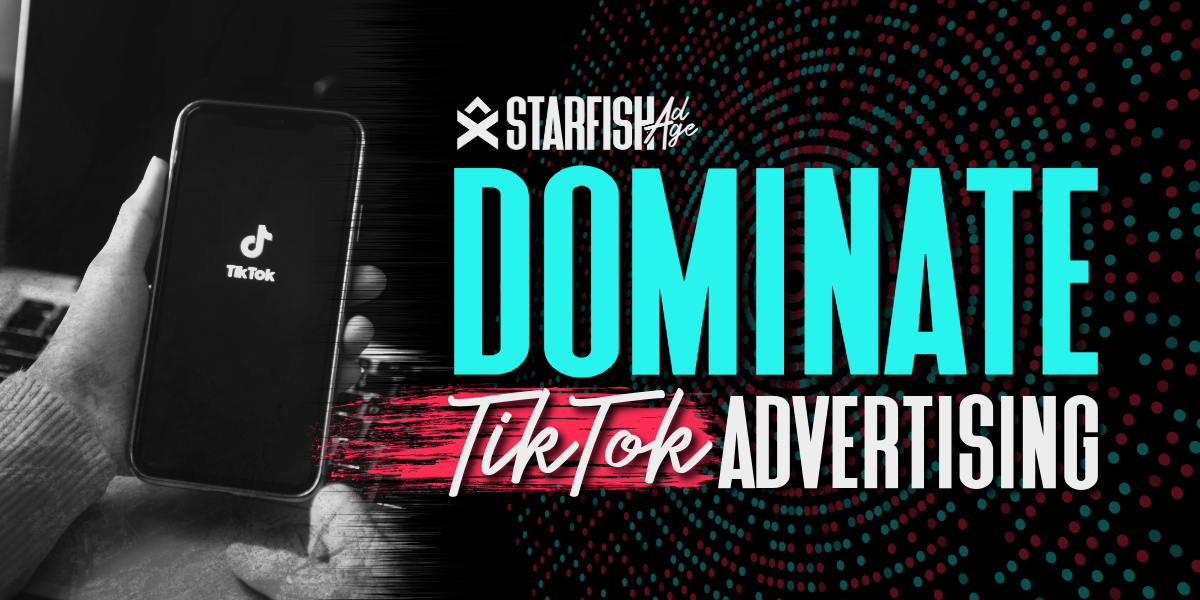
Learn how to leverage TikTok advertising, ad formats, targeting options, and best practices to increase brand awareness, and drive sales.

Learn about Connected TV (CTV) ads, their benefits, and how they work. Understand programmatic CTV advertising for effective digital marketing campaigns.
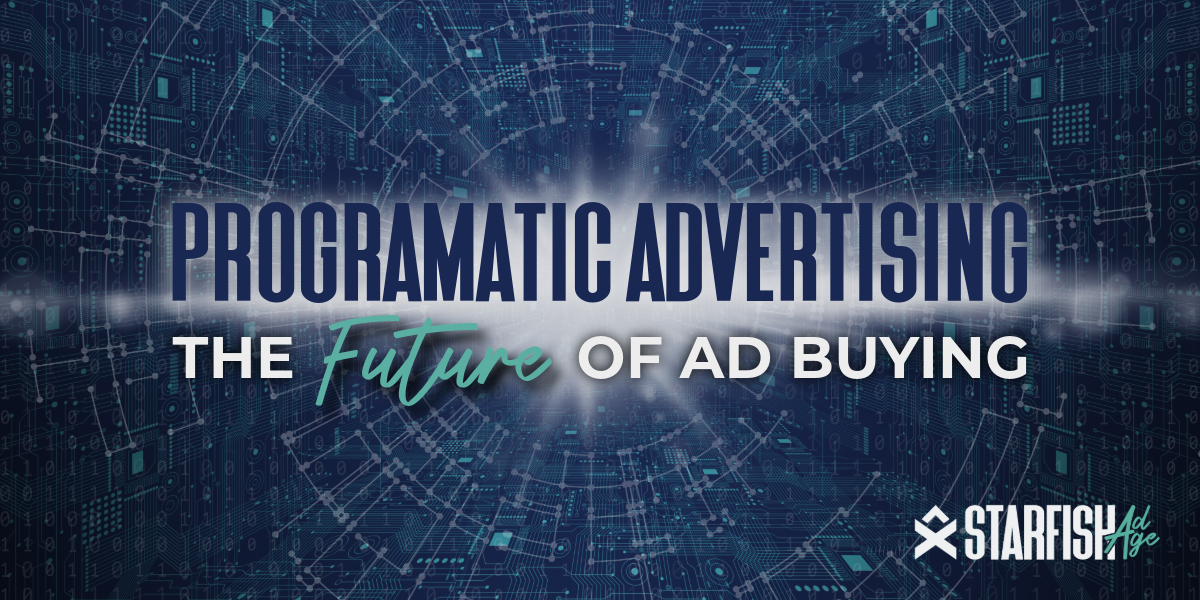
Discover the benefits of programmatic advertising, an automated method of buying digital ad space that enhances targeting, efficiency, and campaign performance.
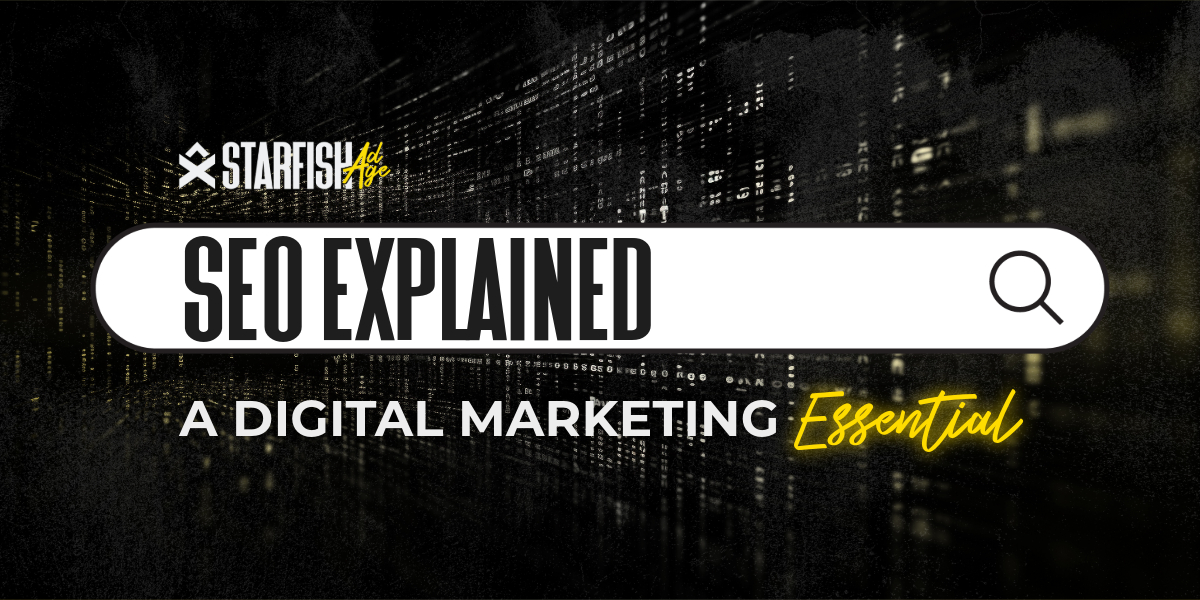
Discover what SEO in digital marketing is and why it matters. Learn how search engine optimization can increase your business’s success.

Learn how to advertise on Google effectively. The basics of Google Ads, from setting up your account to targeting your audience and driving qualified traffic.
All Rights Reserved | Starfish Ad Age LLC | 2023 | Privacy Policy